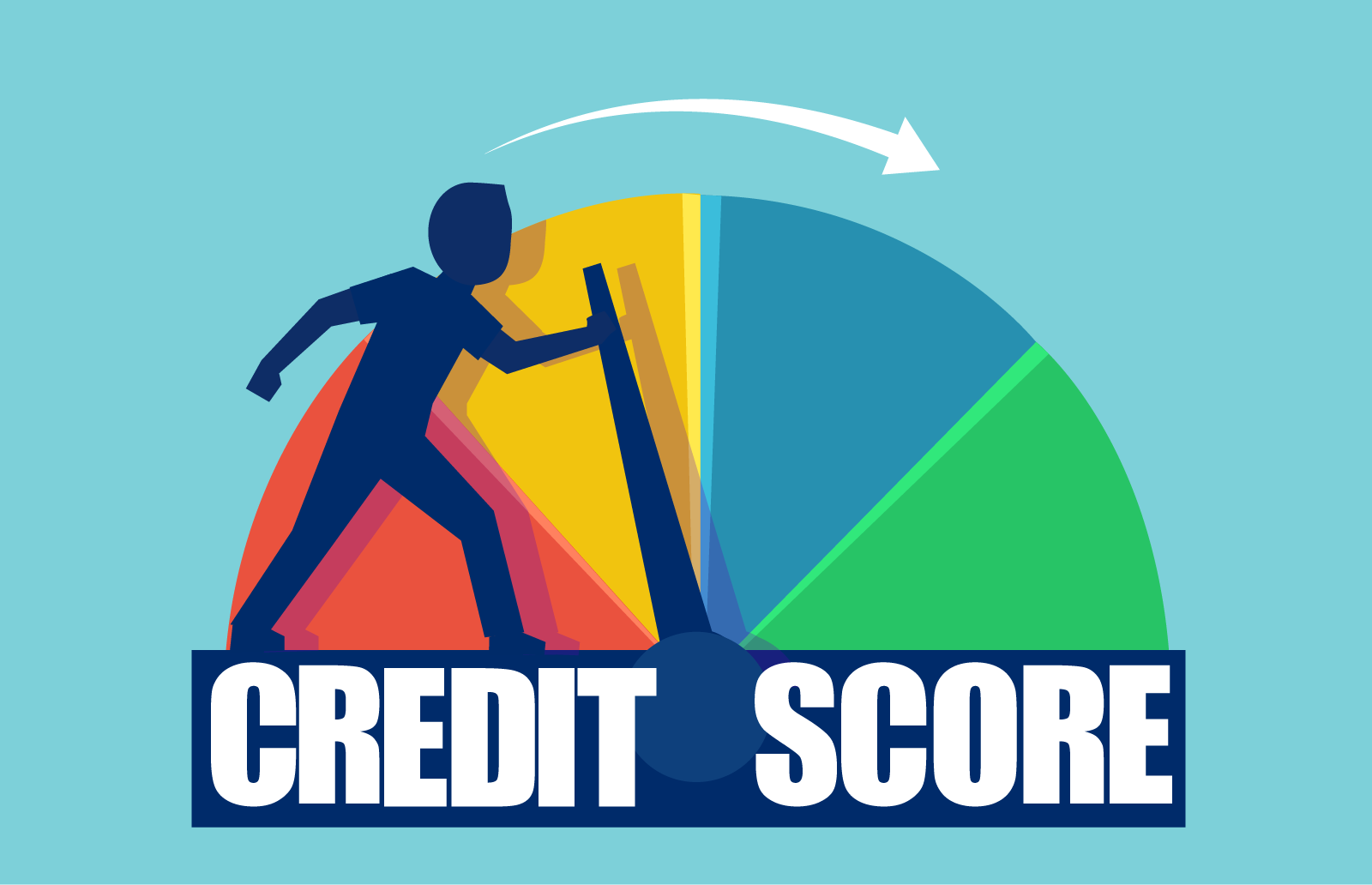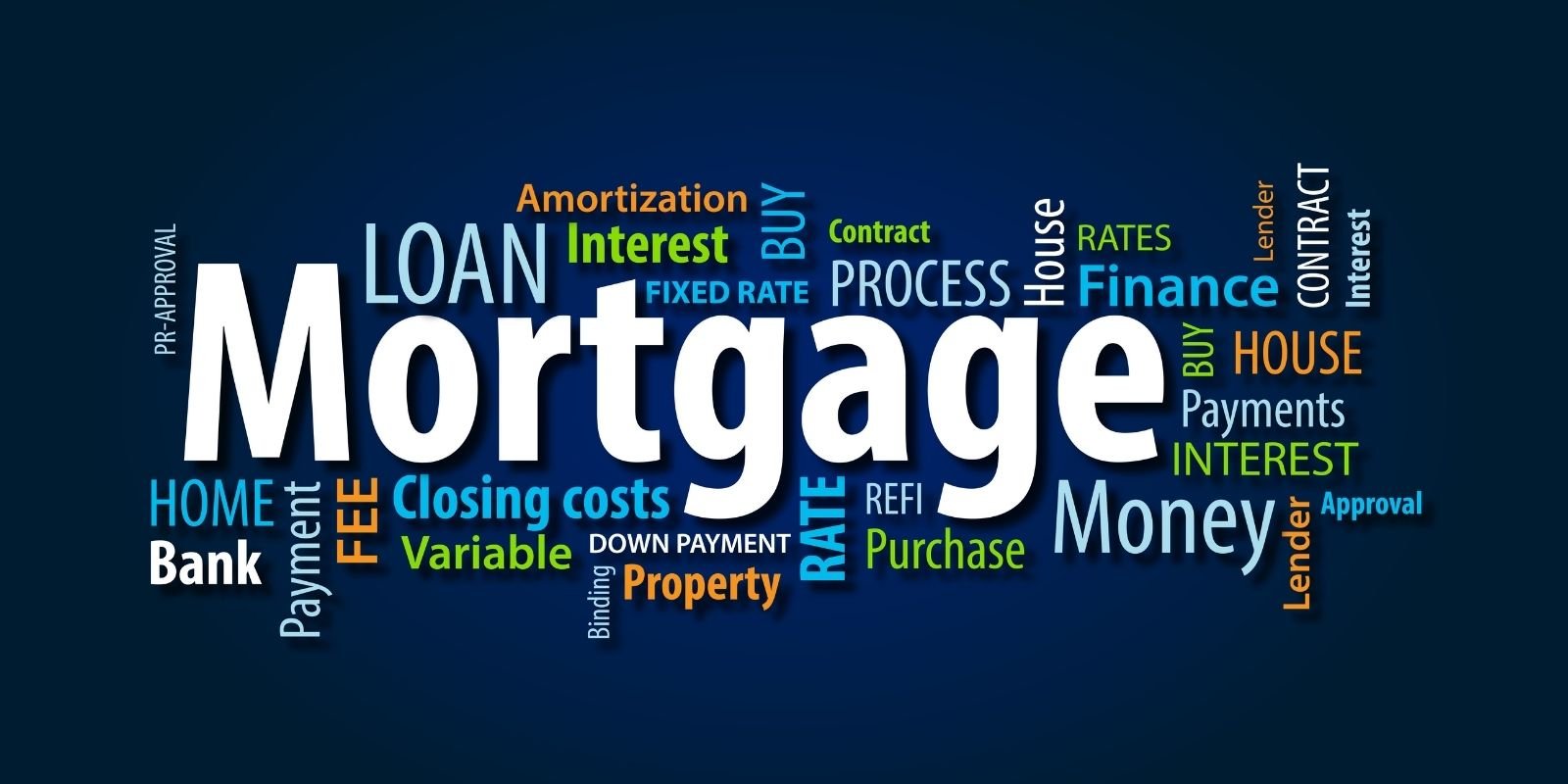You don’t have to get too far into the house hunt to see that not only are there dozens of types of mortgages, there are just as many types of mortgage lenders who offer them!
Each type of mortgage lender has different features and requirements that are best suited for a specific type of customer.
As you compare mortgage loan offers, it’s helpful to know a little about the various types of lenders who sell them, how they operate, and the advantages and disadvantages of each kind.
In this article, we’ll go over all you need to know about mortgage lenders and how they work so you can find the best mortgage lender to work with when buying a home.

How to Find a Mortgage Lender
Getting a mortgage used to mean a short walk down to your local bank.
These days, there are many more institutions offering mortgages, some of which may not have a brick-and-mortar location at all.
So how do you pick a lender?
Read on to find out how to make the best decision when comparing mortgage lenders.
Types of Mortgage Lenders
If you’re not close to the mortgage or banking industries, you may be surprised to know that there are different types of mortgage lenders.
Each one has its own rules, parameters, and target customer, though there is a substantial amount of overlap between the different types.
Here’s a short explanation of the different kinds of mortgage lenders, as well as a few benefits and drawbacks for each kind.
Mortgage Brokers
A mortgage broker is a matchmaker between borrowers and mortgage lenders.
Brokers don’t underwrite or service the loans themselves, they just help homebuyers find the perfect mortgage lender and terms.
Because brokers work with multiple institutions, they have a good sense of which lender will provide the best deal for a specific situation or customer.
The benefit of working with a mortgage broker is that there is one point of contact that can help you navigate through the messy waters of negotiating quotes from multiple lenders, comparing rates and terms, filling out paperwork, etc.
Working with a broker can also give you access to certain mortgages (such as wholesale mortgages) that you couldn’t apply for on your own.
The downside is that the mortgage broker wants to get paid for their time, so that commission payment will be baked into the loan somewhere.
Direct Lenders
You might also hear direct lenders referred to as consumer-direct mortgage companies.
These guys work directly with consumers and cut out the mortgage broker middleman.
They underwrite and fund their own loans.
Direct lenders don’t have to cover any commissions for a mortgage broker, so you may get more favorable terms, closing costs, or interest rates.
However, if you don’t qualify for any of the direct lender’s mortgage programs, then you’re out of luck; you’ll have to use another vendor.
Examples of direct lenders include LoanDepot, Quicken Loans, as well as traditional banks and credit unions that don’t use a mortgage broker to sell their loans.
Correspondent Lenders
Correspondent lenders are those who underwrite and close mortgages, then sell them on the secondary market to investors once the transaction is complete.
Many traditional banks and credit unions work this way as they only have so much capital to lend out for mortgages.
If they kept all the notes in-house, they would quickly run out of cash to lend.
They skirt this problem by selling the debt to investors, which gives them back the cash they need to lend.
Because of this, most correspondent lenders will issue loans that conform to the standards of Fannie Mae and Freddie Mac — government-sponsored investing institutions that buy and sell mortgages on the secondary market.
By only offering conforming loans, the correspondent lender has an easier time selling them once the loans close.
Conforming loans often offer great terms, low down payments, and low interest rates (such as FHA or USDA loans).
However, their requirements are quite rigid.
So if you or the property you want to buy don’t meet certain criteria, you may have to find a different lender.
As a customer of a correspondent lender, the terms and interest rate of your loan won’t change after the loan is sold, but you’ll have no control over whom the loan is sold to.
Wholesale Lenders
Wholesale lenders don’t offer mortgages directly to the consumer; they sell their mortgage products through a retail bank or mortgage broker.
They likely offer great rates and terms, but whoever sells you your loan will get a commission, so this may or may not be a good deal for you as the consumer.
Some mortgage banks have both wholesale and retail operations.
As a customer, you’ll need to go through a bank, lending institution, or broker to access wholesale mortgage loans.
Portfolio Lenders
Unlike many mortgage lenders, portfolio lenders retain the mortgages they offer in their portfolios rather than selling them on the secondary market.
Because they don’t have to conform to the regulations and expectations for Fannie Mae or Freddie Mac, portfolio lenders have more latitude to offer flexible terms or qualifying criteria for their mortgages.
Portfolio lenders can be a good choice for people with unique financing needs or circumstances.
For instance, homebuyers seeking jumbo loans may do well to look into a portfolio lender.
However, the flexibility offered by a portfolio mortgage loan generally comes at a price: higher fees and interest rates than more traditional lenders offer.
Hard-Money Lenders
These are individuals or organizations that loan money for mortgages — usually to investors for short-term, fix-and-flip projects.
Hard money loans are generally considered to be a last resort.
They’re primarily used in real estate investing transactions, and the lender looks more at the value of the property than the financial position of the borrower.
They can close incredibly quickly, since hard-money lenders use their own funds.
However, these are probably the highest interest rates you’ll find for a mortgage, and their terms are quite short — often just a few months or years.
This doesn’t matter much if you’re a house-flipper looking to offload a property within a year.
But if you’re looking for a typical residential mortgage, a hard-money lender probably isn’t your best bet.

How to Find (and Qualify for) the Best Mortgage Lender?
Finding the best mortgage lender is about more than just getting the best deal.
You also want someone that provides a good customer service experience for their clients.
Here are five of our favorite tips to finding – and qualifying for – the best lender for your mortgage loan.

Step 1: Strengthen Your Credit
A great credit score gives you access to the most mortgage options.
Lenders will see you as a good candidate for a mortgage because you have a track record of handling credit responsibly.
If you need to strengthen your credit, the best way to do so is to pay your bills (especially loans and credit cards) on time and in full.
Your payment history is the most influential factor in your FICO credit score.
If you have a history of late or missing payments, it may take several months of on-time payments for you to see an increase in your score.
A quicker way to raise your score is to decrease your credit usage, which is the ratio of credit you’ve used in relation to how much more you can borrow on your revolving accounts (i.e. credit cards or HELOCs).
You can do this by paying down debt or by asking your credit card company to raise your credit limit.
If the total amount of money you can borrow goes up, the amount of debt you’re using is proportionately lower, which will result in a better credit score.
Although this is one of the fastest things you can do to increase your credit score, it’s not an overnight fix.
It can take a month or two for the credit bureaus to see the change and for your score to reflect it.

Step 2: Determine Your Budget
Take the time to assess your spending habits and overall financial position so you can determine your home buying budget.
A lender may tell you that you qualify for a certain amount for a mortgage, but that doesn’t mean that number will work for your budget.
Run the numbers to see how much your monthly payment (including principal, interest, taxes, and insurance) will be.
You can use our free online mortgage payment calculator to help.
Ideally, this should be no more than 28% of your gross monthly pay.
Your total debt-to-income ratio (the total of all your monthly debt service, including your mortgage payment, divided by your gross monthly income) should be no more than 43%.
Trying to buy a more expensive home than your budget will allow is a common mortgage shopping mistake that’s easy to avoid with forethought and planning.

Step 3: Know Your Mortgage Options
While there are a number of different mortgage lenders, there are just as many different mortgage options available, such as conventional, FHA, USDA, VA, and so on.
Each one has different qualification requirements, terms, and interest rates.
Not all lenders will offer the same types of mortgages.
For instance, if you need an FHA loan, you’ll probably need to go through a traditional bank or retail mortgage lender; portfolio and hard money lenders are unlikely to offer FHAs at all.
Knowing your credit score, the amount you have for a down payment, and your overall financial situation will help you in your research as you determine which type of mortgage will best meet your needs.

Step 4: Compare Rates & Terms From Multiple Lenders
Settling on the first lender you speak with isn’t a good idea; this common homebuyer mistake can cost you thousands of dollars over the life of your loan.
According to research from Freddie Mac in 2018, “borrowers could save an average of $1,500 over the life of their loan by getting at least one additional rate quote, and an average of $3,000 by getting five quotes, Freddie Mac found. However, nearly half of all homebuyers do not rate-shop during their mortgage search.”
To get the best deal, you should rate-shop with different types of lenders, allowing them to compete for your business.
You aren’t committed to get a mortgage from a particular lender until you sign the closing paperwork.
If negotiating really makes you cringe, you could also work with a mortgage broker and let them do the legwork of shopping around for you.

Step 5: Read the Fine Print
They may be dry reading, but reviewing and understanding mortgage documents is crucial to getting the best deal on your loan.
Pay close attention to the interest rate, monthly payments, lender and loan processing fees, closing costs, and the down payment amount.
This goes for pre-approval documents, loan estimates, and closing disclosure statements.
Keep your eye out for any discrepancies between these documents, and ask the lender to explain them to you to your satisfaction.

What Questions Should I Ask my Mortgage Lender?
Before you go through all the trouble of completing a mortgage application, you should take the time to ask some questions to the mortgage lender.
After all, if you plan to pay hundreds of dollars to them each month, you’ll want to know whom you’re doing business with.
Here are a few suggestions on what to ask your lender in the beginning stages of the mortgage loan process:
- How long do you expect the application and approval process to take?
- Will you be my main contact throughout the process, or will someone else take over when it goes to underwriting? How will we keep in touch?
- Which steps will take place online and which will occur in person (such as appraisal and closing)?
- How long of an interest rate lock do you recommend? If the closing doesn’t take place before that date through no fault of my own, will I have to pay for an extension?

Key Takeaways on Finding the Best Mortgage Lender
The number one way to get your mortgage from the best mortgage lender is to put yourself in the best financial position possible.
Having a decent down payment, stable income, savings in the bank, and a good credit score will give you options and access to the best mortgage terms each lender has to offer.
Compare the rates and terms from multiple types of mortgage lenders.
Just because a bank or institution has a well-known name doesn’t mean they’ll offer you the best rates on a loan.
Going through a mortgage broker with access to loans at a variety of institutions can be a good move, too — particularly if you want the benefits of shopping around to different lenders without the hassle of doing so yourself.
If your credit is less than stellar or if you don’t have an enormous down payment saved up, you can probably still qualify for a mortgage; it’s just a matter of finding the mortgage lender that is best for your individual situation.
If you want to enjoy the benefits of homeownership, a great mortgage lender is just one of the members you need on your home-buying team.
Just as critical as a great mortgage lender is a knowledgeable, trustworthy real estate agent.
An experienced agent will help you hone in on a property in the best neighborhood with all the features you need.
Whether you’re buying or selling a home, it’s essential that you work with a reliable real estate agent that will represent your interests.
To find an agent for the sale or purchase of your next home, look no further than the oldest real estate agency in Fort Worth, TX: Helen Painter Group Realtors.
Our real estate agents have been representing buyers and sellers in Fort Worth since 1958.
Give us a call today for a free consultation from the most trusted real estate agency in Texas!

